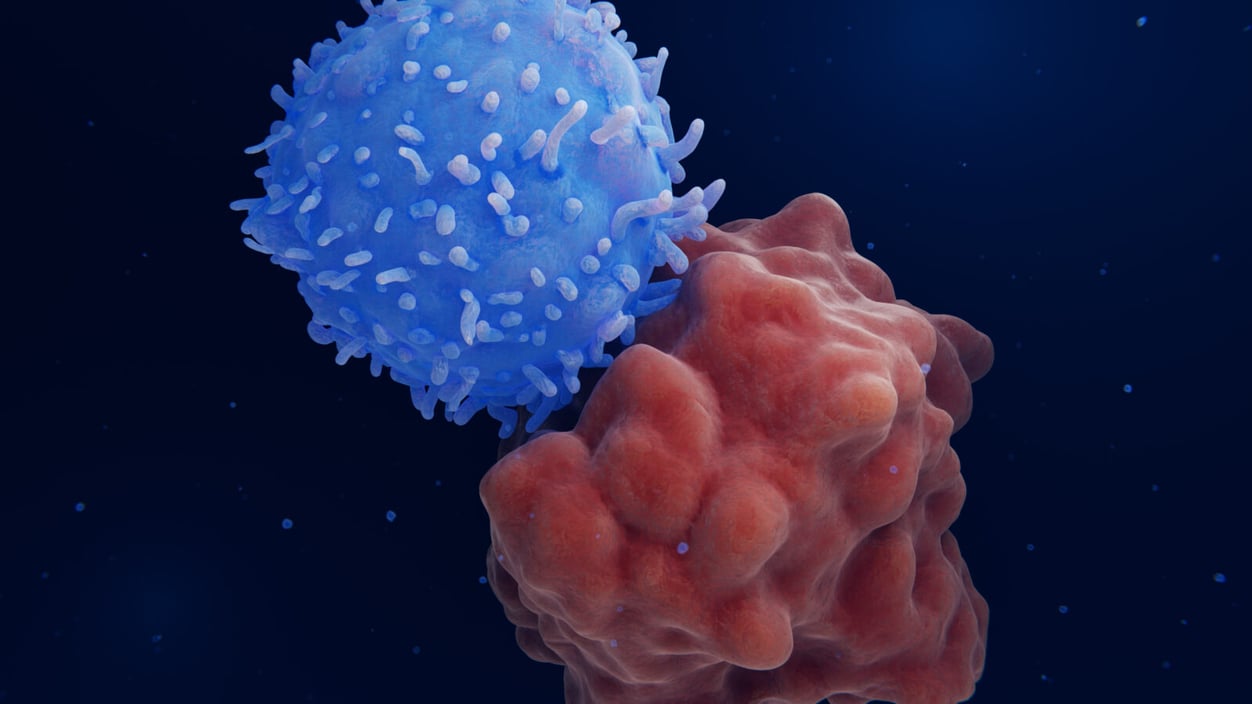closer look
CAR-T's surprising link to causing cancer took 10 years to surface. Experts call the risk minuscule
 Adobe
Adobe
Tuesday's news that the FDA is investigating whether CAR-T immunotherapy had caused blood cancers was surprising for two reasons. First, a decade after its invention, the treatment has become a bright spot in cancer care. That's where the other surprise comes in: That it's taken 10 years for a theoretical risk to rise to what may (or may not) be a real one. From its earliest days, the genetic modifications that equip CAR-T to fight cancer have been considered capable of causing a second, new cancer in patients.
That's a risk chemotherapy and radiation carry, too. The FDA is zeroing in on CAR-T because some of the 19 reports of T cell malignancy it's examining did have CAR positive cancer cells. So in at least some cases, cancer cells were carrying the synthetic receptor that CAR-T cells use to recognize and kill cancer, suggesting the cancer may have developed from a CAR-T cell. But experts told STAT's Angus Chen the risk is likely minuscule. Read more.
genetics
U.K. Biobank reaches whole-genome milestone
One of the world's richest resources for health data has gotten more comprehensive. Data from half a million people's whole genome sequences are now available to researchers worldwide through the U.K. Biobank. Its collection has been growing for 20 years, based on 500,000 volunteers' answers to surveys about their health plus medical records, tests of molecular markers, and imaging scans. Some participants' whole genomes were already available, but this week's new release includes genomes of the full cohort.
"The scientists are looking at this like Google Maps," said Rory Collins, Biobank's principal investigator. "When they want to know, what are the pathways from lifestyle, environment, genetics to disease, they don't go to Google, they go to U.K. Biobank." A caveat: Like the populations of England and Scotland, more than 80% of participants are white. Much genomic data has been derived from Northern Europeans. STAT's Andrew Joseph has more.
climate
How to cut the environmental costs of health products
Mosquito nets, rapid tests, pills, and injectable medicines save millions of lives, right? Yes, but they also contribute nearly 3.5 megatons of greenhouse gasses per year — more than the Swiss city of Geneva. A new Unitaid report says certain strategies could lead to a 70% reduction in health products' emissions by 2030. For pills, there are greener ways to manufacture them. For malaria nets and PCR tests, they could be made with less plastic.
Some of these changes could be costly and most would require some upfront investment, whether to increase the use of renewable energy in production, make supply-chain processes more effective, or use new materials. "I think [policymakers] have to think hard about how current policies need to be changed such that there are stronger market signals for producers to make these changes," said Cheryl Damberg of RAND, who was not involved in the report. STAT's Annalisa Merelli has more.


No comments